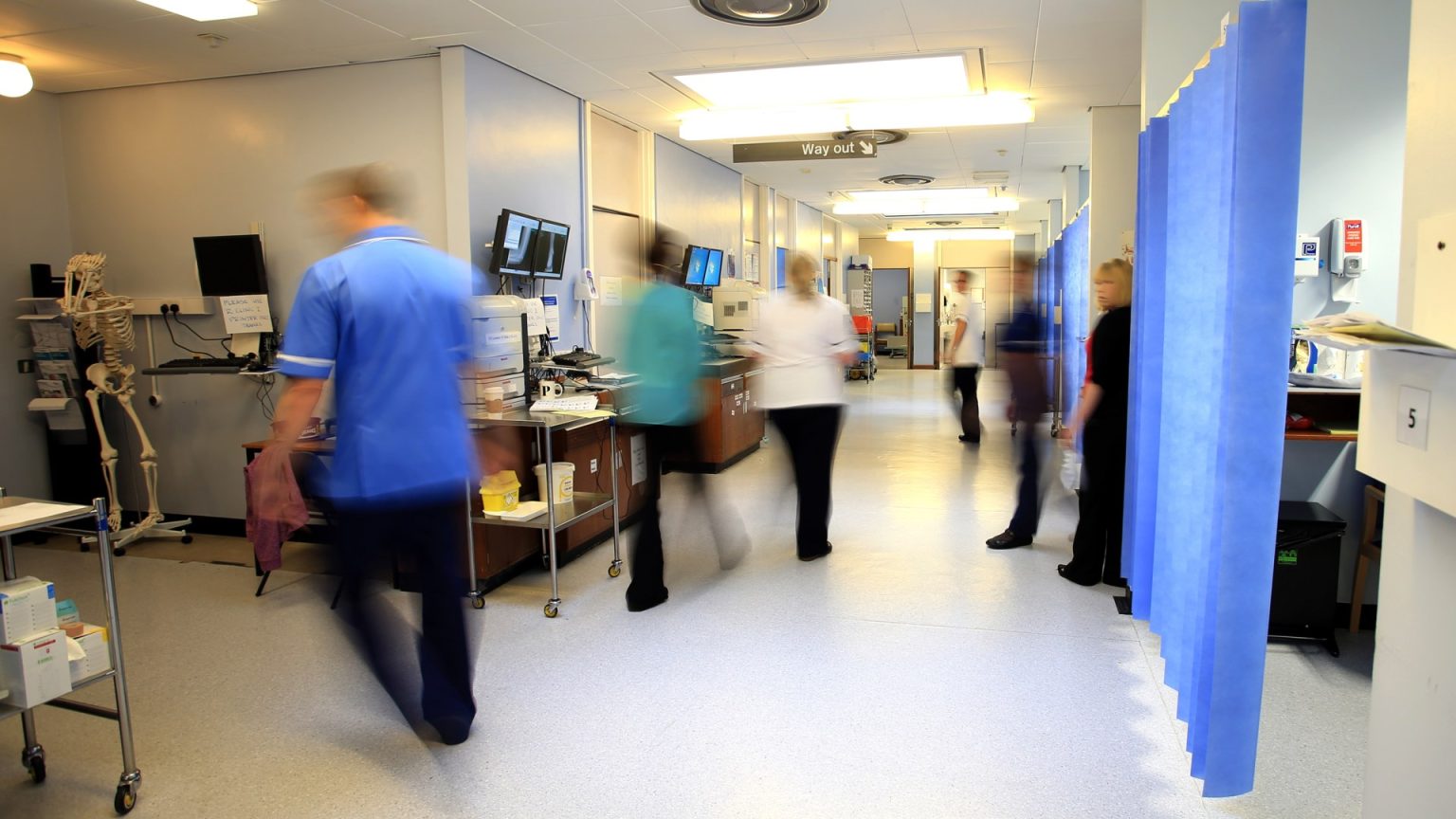The UK’s National Health Service (NHS) is facing immense pressure due to a confluence of winter illnesses, leading multiple hospitals to declare “critical incidents.” Flu cases have quadrupled in the past month, with over 5,000 patients requiring hospitalization. This surge, combined with increased cases of COVID-19, Respiratory Syncytial Virus (RSV), and norovirus, is creating an unprecedented strain on resources and leading to extended wait times in emergency departments. Hospitals in Hampshire, Liverpool, and Cornwall are among those severely impacted, with reports of patients facing waits of up to 50 hours for emergency care. These critical incidents signify that hospitals are operating beyond their normal capacity and are implementing emergency measures to prioritize the most urgent cases.
The widespread nature of these winter illnesses is exacerbating the situation. While flu is affecting a broad demographic, RSV poses a particular threat to infants and older adults, and norovirus is known for its rapid spread in communal settings. The convergence of these viruses, coupled with the ongoing presence of COVID-19, is creating a “perfect storm” scenario for the NHS. Hospital staff are struggling to manage the influx of patients, with limited bed availability and strained resources contributing to the delays in care. Health officials are urging the public to utilize alternative healthcare options like pharmacies, GPs, and minor injury units for less serious ailments to alleviate pressure on emergency departments.
Several factors contribute to this critical situation. The sheer volume of patients presenting with respiratory illnesses is overwhelming hospital capacity. Staffing shortages, partly due to illness among healthcare workers, further complicate matters. The post-pandemic period has seen a backlog of patients requiring treatment, creating an already strained system that is now struggling to cope with the additional burden of winter illnesses. The current situation underscores the interconnectedness of healthcare systems and the vulnerability of healthcare services during peak demand periods.
Health officials are appealing to the public for cooperation and proactive measures to mitigate the crisis. They advise individuals experiencing flu-like symptoms to stay home, rest, and hydrate to prevent further spread. Discharging patients who are ready to leave the hospital promptly is also crucial for freeing up beds for those in critical need. The NHS is also urging eligible individuals to get vaccinated against flu, COVID-19, and RSV. While vaccination doesn’t guarantee complete protection, it significantly reduces the risk of severe illness and hospitalization, lessening the burden on hospitals.
Beyond vaccinations, preventive measures such as frequent handwashing, covering coughs and sneezes, and ensuring good ventilation can help curb the spread of these viruses. While there is no vaccine for norovirus, these basic hygiene practices are essential for limiting its transmission. Public awareness campaigns emphasizing these precautions are crucial for containing the spread of winter illnesses and protecting vulnerable populations. The current situation highlights the importance of individual responsibility in contributing to public health.
The NHS is implementing various strategies to manage the crisis. Declaring a critical incident allows hospitals to prioritize the most urgent cases, mobilize additional staff, and request support from other agencies. However, these measures are temporary solutions to a systemic problem. The current crisis underscores the need for long-term investment in healthcare infrastructure, workforce development, and public health initiatives. Addressing these underlying issues is crucial for building a more resilient healthcare system capable of handling future surges in demand and ensuring timely access to care for all.


